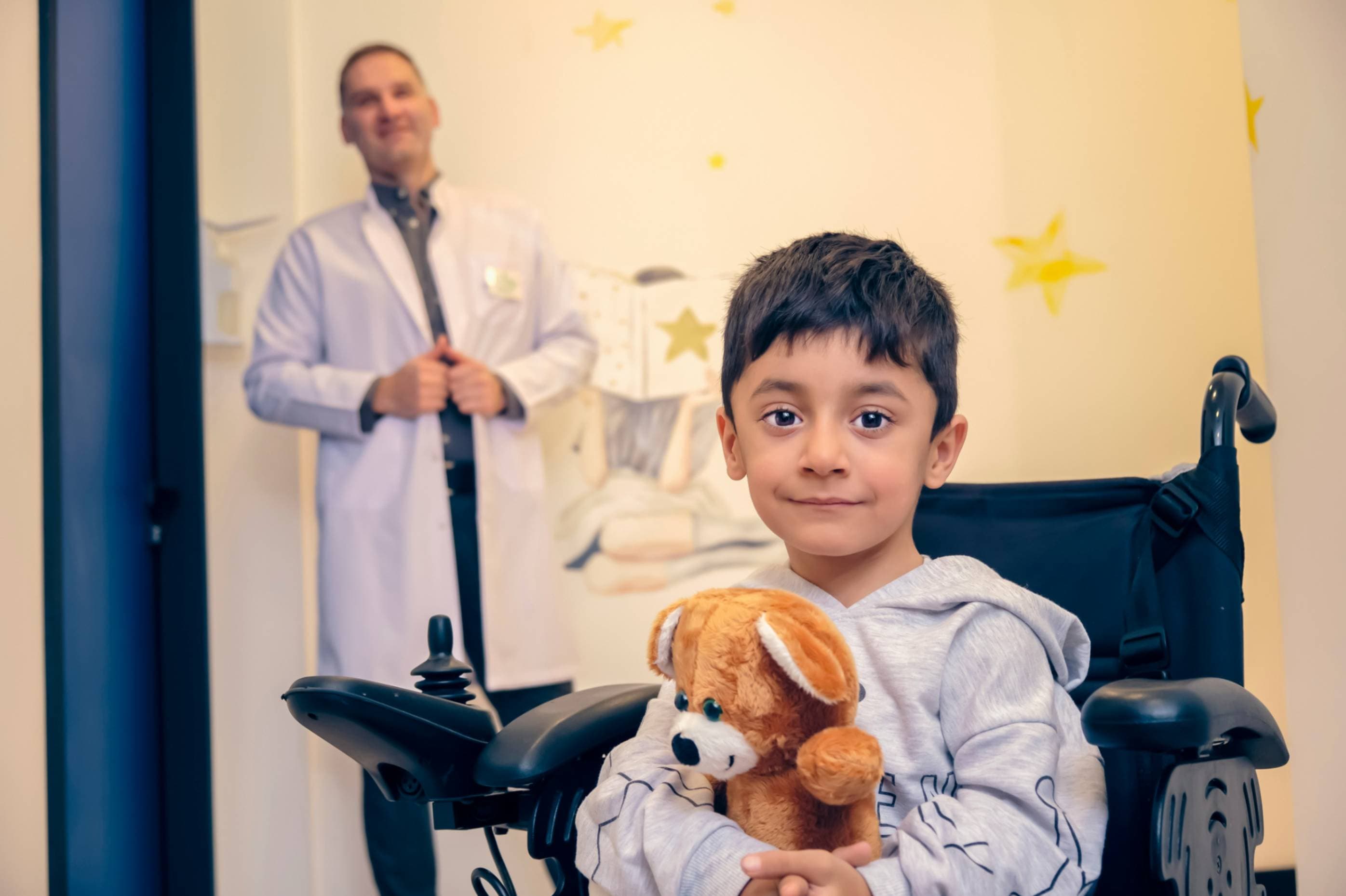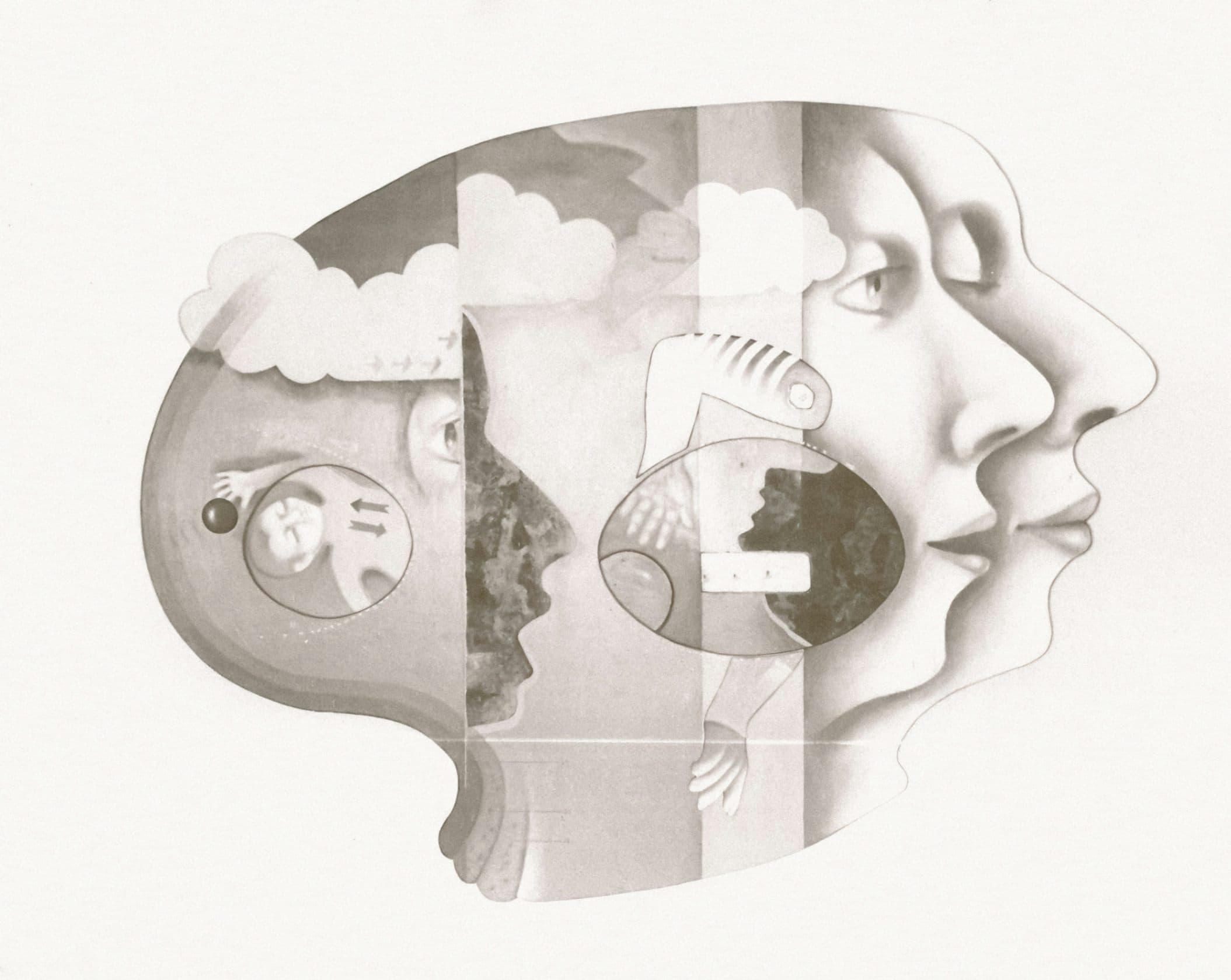
Healing with Heart: How Empathy and Communication Elevate Emergency Care
Throughout my tenure as an emergency medical technician (EMT) for my college campus, invaluable lessons about the importance of empathy, compassion, and communication in conjunction with medical knowledge were learned. It was a platform that allowed me to understand that these soft skills are essential components of effective prehospital care. The art of soothing a child in pain or maintaining calm for agitated patients until we reached the Emergency Department (ED) was as important as any medical procedure or protocol. This experience highlighted the significance of emotional intelligence in prehospital care.
When I transitioned into my career as an emergency medicine physician, I found that my EMT background provided me with a robust foundation. Of course, the depth of medical knowledge required was far greater, but the core values remained the same. The difference between a good physician who meets the standard of care and an extraordinary physician often lies in soft skills such as effective communication, empathy, and the ability to read the room.
Communication is one of the most crucial aspects of healthcare. It is through open dialogue that medical histories are taken, diagnoses are made, and treatment plans are explained. As a physician, the ability to communicate effectively can mean the difference between a patient feeling heard and understood or feeling confused and anxious1. It is important to remember that the ED can be an overwhelming place for patients; hence, clear and compassionate communication can help reduce their anxiety and improve their overall experience.
Empathy, the ability to understand and share the feelings of another, is a fundamental component of patient care. It allows us to connect with patients on a
Read-Only
$3.99/month
- ✓ Unlimited article access
- ✓ Profile setup & commenting
- ✓ Newsletter
Essential
$6.99/month
- ✓ All Read-Only features
- ✓ Connect with subscribers
- ✓ Private messaging
- ✓ Access to CityGov AI
- ✓ 5 submissions, 2 publications
Premium
$9.99/month
- ✓ All Essential features
- 3 publications
- ✓ Library function access
- ✓ Spotlight feature
- ✓ Expert verification
- ✓ Early access to new features
More from Health and Mental Wellness
Explore related articles on similar topics





